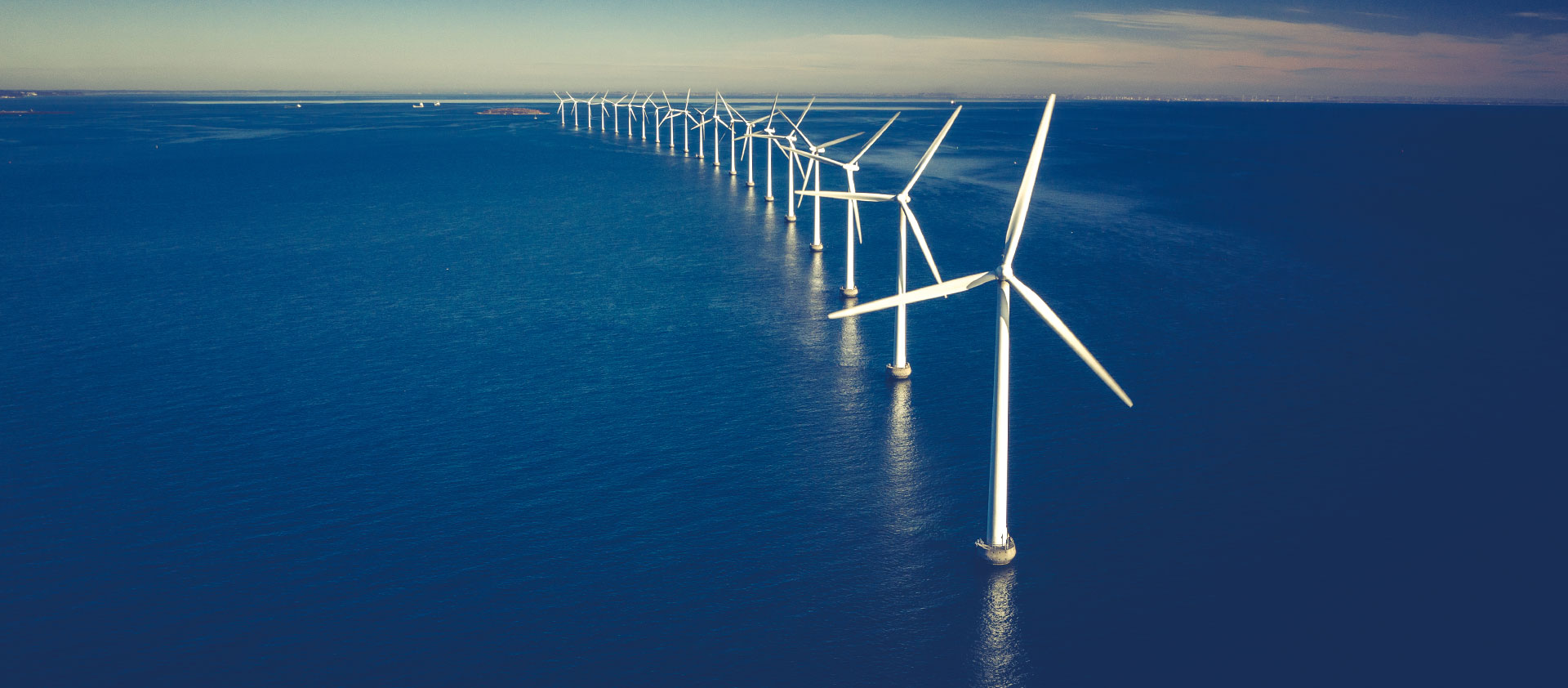Energy crisis
AER AGL Aluminium Batteries Battery Budget BYD CATL CBAM China Coal Critical minerals Decarbonisation DMO Election Electric Vehicle Electricity/electrification Energy crisis Federal Election Finance Sector & Emissions gas Green Iron/Steel Hydrogen India & Adani Nuclear offshore wind Oil OP EDS Peter Dutton Podcasts Renewables Solar Tariff Taxes and subsidies US IRA/EU NZIA et al Wind
Australian clean energy leaders urge Albanese to speed up renewables push
PV Magazine
‘Enhance and pivot’: Australia’s relationship with China could provide energy storage boom
Energy Storage News
With Trump declaring war on climate action, is this the last straw?
The Sydney Morning Herald
OP ED | The gas export industry continues to cry wolf about always looming shortages, but this isn’t supported by the facts
Energy News Bulletin
Blunt power warning as energy boss pushes onshore gas
AAP
Macquarie, IFM-backed net zero group suspends itself as Trump looms
The Australian Financial Review
VIDEO | Opposition’s nuclear costings released
Sky News
Australia’s renewable energy leaders address the orange elephant in the room
Capital Brief
India’s other renewable energy firms should shield sector from Adani bribery fallout
South China Morning Post
Startup Daily | Climate Energy Finance’s Tim Buckley headlines Climate Salad’s annual climate tech investor showcase
___
